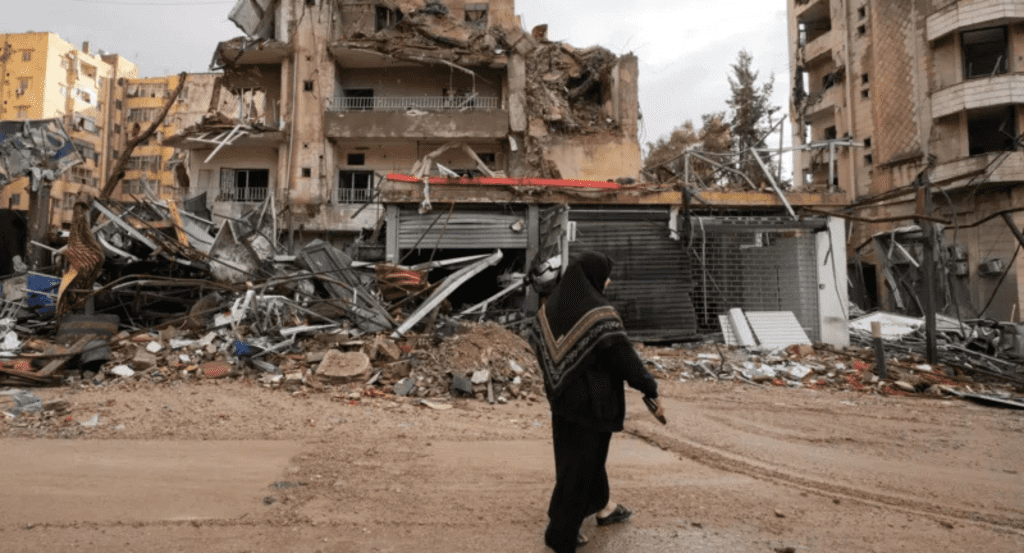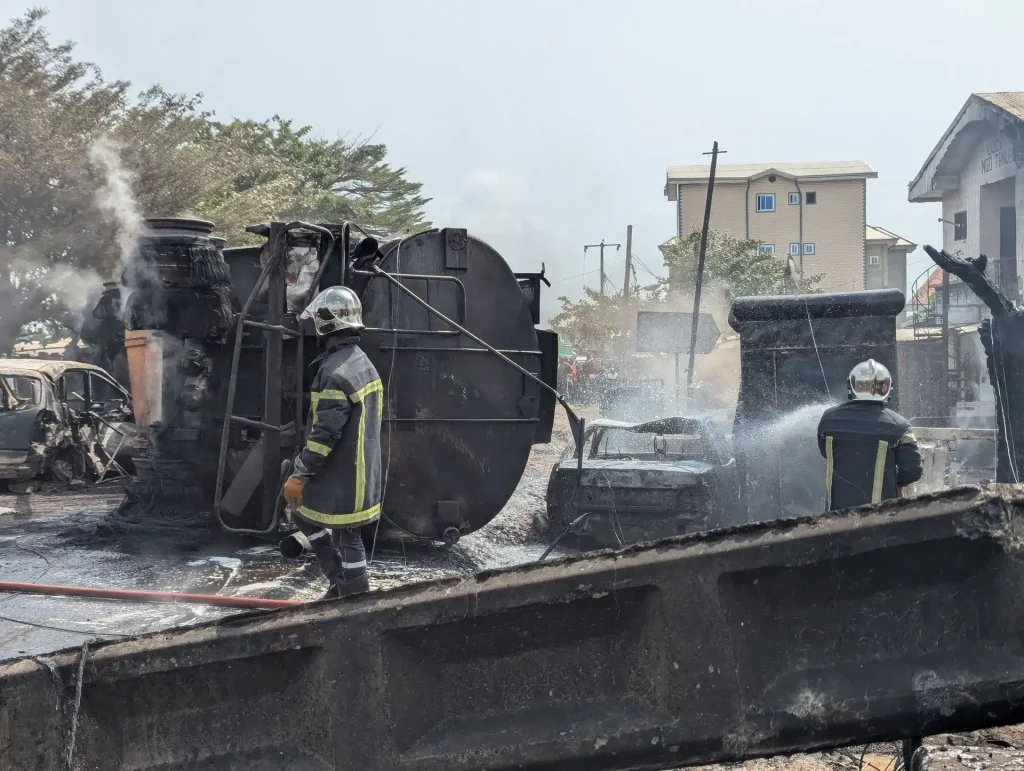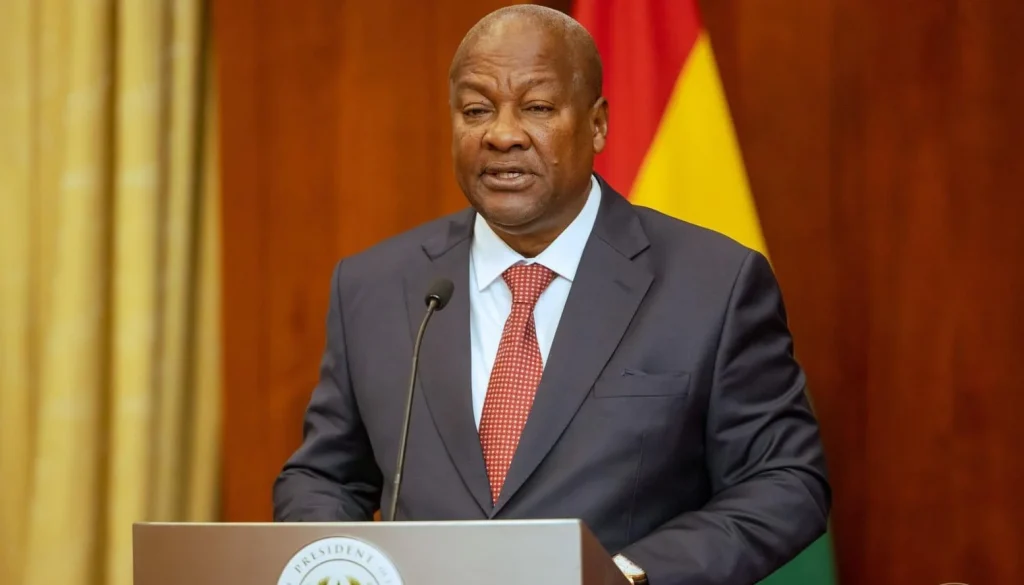A recently brokered ceasefire between Israel and Hezbollah, aimed at ending a year of hostilities along the Israel-Lebanon border, is already under strain due to accusations of breaches. The ceasefire, which came into effect earlier this week, followed intense negotiations facilitated by international mediators. However, reports of airstrikes and retaliatory fire have raised concerns about its durability.
On Thursday, Hezbollah accused Israel of violating the truce by launching airstrikes on positions in southern Lebanon. Israel, in turn, claimed its actions were defensive, responding to provocations and alleged rocket launches by Hezbollah operatives. The exchanges come amidst broader tensions as the region grapples with ongoing conflicts, including the humanitarian crisis in Gaza.
Lebanon’s Prime Minister called for restraint from all parties, warning that renewed violence would exacerbate the country’s fragile political and economic situation. Observers say the truce is critical for averting a larger regional conflict, but the mutual distrust between the two sides could undermine its implementation.
International reactions have been swift, with the United Nations urging both Israel and Hezbollah to adhere strictly to the ceasefire terms. Analysts note that while the truce provides temporary relief, its long-term success hinges on addressing the underlying issues fueling the conflict, including territorial disputes and political grievances.
The situation remains fluid, with fears that further escalations could unravel not only the ceasefire but also wider regional stability. Both sides have indicated they are prepared to resume hostilities if provoked, underscoring the fragile nature of the agreement.























